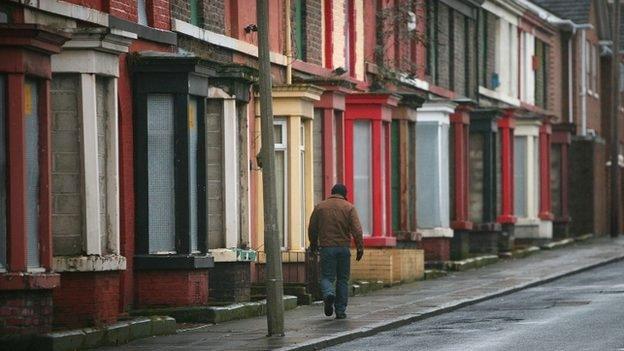Reality Check: Has inequality been getting worse?
- Published

The claim: Levels of inequality in the UK have been getting worse.
Reality Check verdict: Official figures suggest that income distribution has become less unequal over the past decade.
Labour leader Jeremy Corbyn said on BBC Radio 4 on Tuesday morning that he would be interested in a cap on earnings, because "we cannot go on creating worse levels of inequality".
Coincidentally, Tuesday morning also saw the release of the annual report on income inequality, external from the Office for National Statistics.
It said that there had been a gradual decline in income inequality over the past decade.
It is using the Gini Coefficient, which is a measure of inequality - in this case, a coefficient of zero would mean that all households had the same income while 100 would mean that one household had all the income.
These figures are for disposable income, which is what you get after you've added benefits and subtracted direct taxes such as income tax and council tax.
There are caveats around these figures - they are based on surveys, so there is a margin of error, and it is particularly difficult to get survey responses from people at the top of the income distribution.
But the official figures suggest that there was a considerable increase in inequality in the 1980s, relatively little change from the early 1990s to mid-2000s and then a gradual decline in the past decade, returning the UK to the same level of inequality as was seen in the mid-1980s.
So from these figures it would be wrong to conclude that inequality has been getting worse.
What could be missing from this analysis? The ONS looks at inequality across the whole population - there has also been much interest in comparing the richest 1% or 0.1% with the rest of the population.
The World Top Incomes Database (which you can see in figure 3 of this blog, external) suggests that since 1990 there has been relatively little change in the share of income taken by the richest 20% or 10% of the population.
The richest 1% and the richest 0.1% had seen their share of income rising steadily until the financial crisis, but it has fallen since then. So once again, inequality has not been growing.
The measures identified so far have been looking at income rather than wealth.
It is also possible to calculate Gini coefficients for wealth, although the latest official figures for it covered only up to the middle of 2014, external.
From 2006 to 2014, there was a small increase in overall wealth inequality, with property wealth having the biggest effect.
Housing costs are a particular issue - the Department for Work and Pensions calculates, external a Gini coefficient for income distribution that takes housing costs into account.
The difference it makes is that inequality increases in 2013-14, although it is still below pre-financial crisis levels.
None of this suggests that inequality does not exist in the UK or that it is not a problem or indeed that it is not worse than in other countries, but there is little evidence that it has been getting worse in the UK in the past decade.



- Published10 January 2017
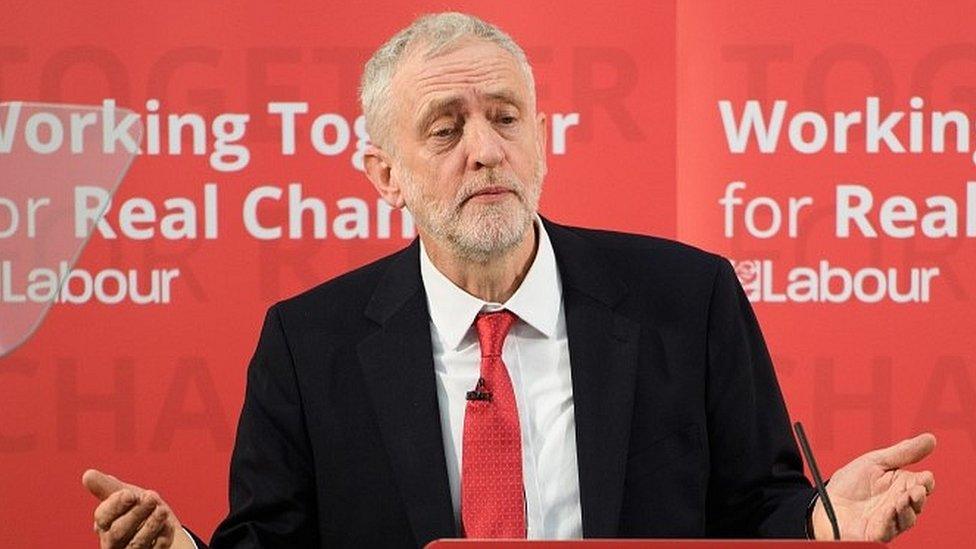
- Published21 May 2015
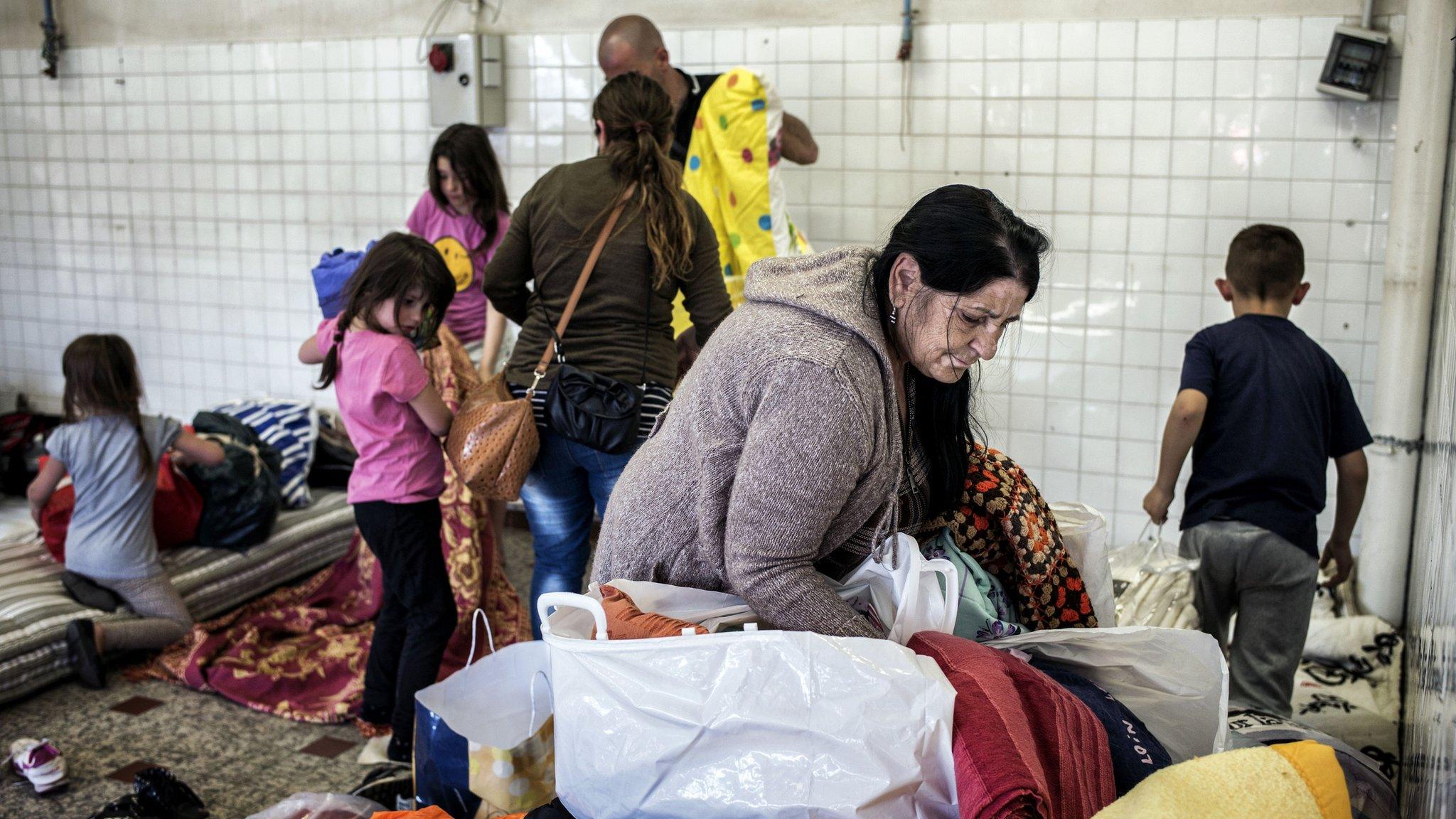
- Published21 May 2015
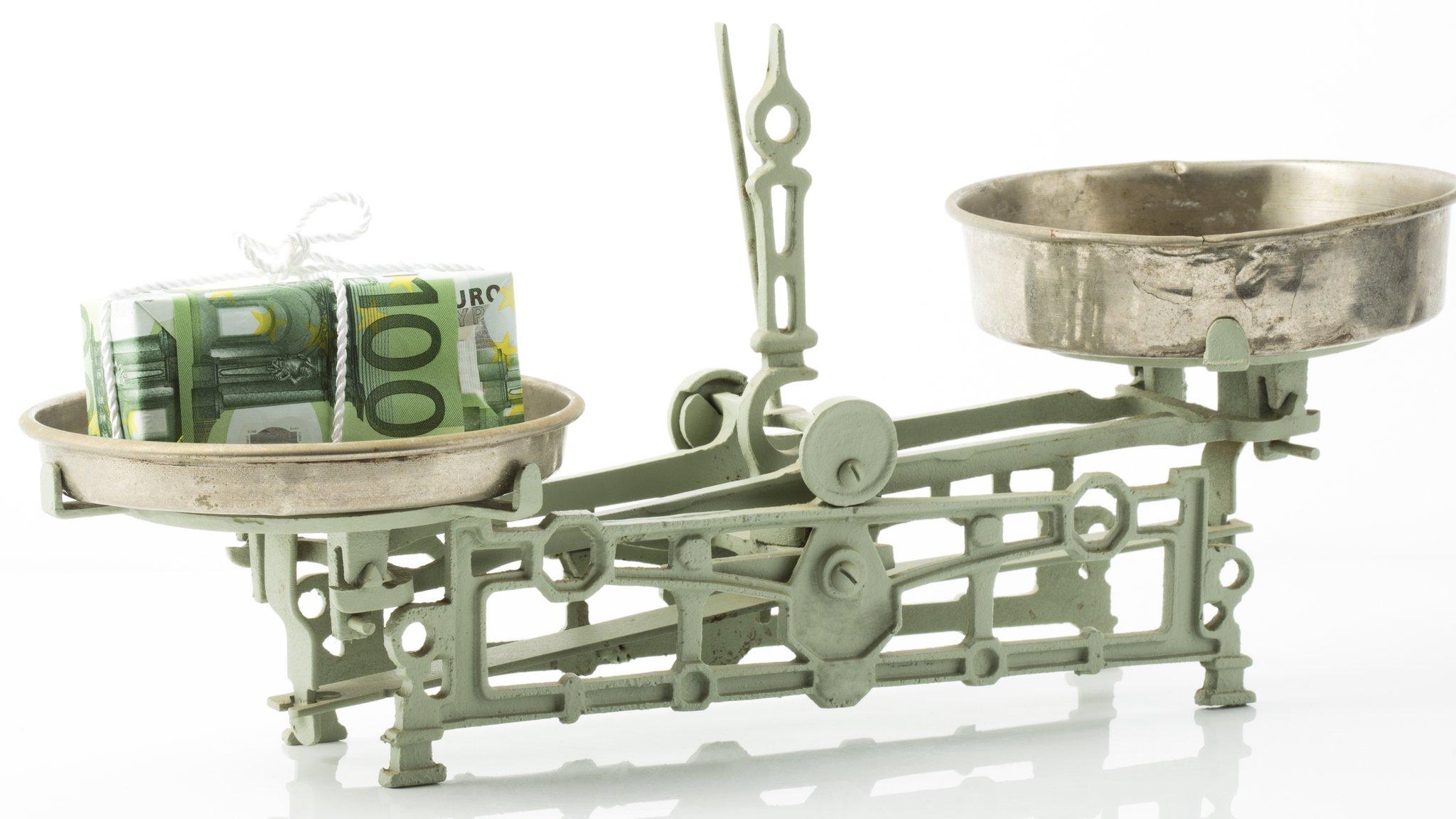
- Published21 May 2015
- Published14 May 2015
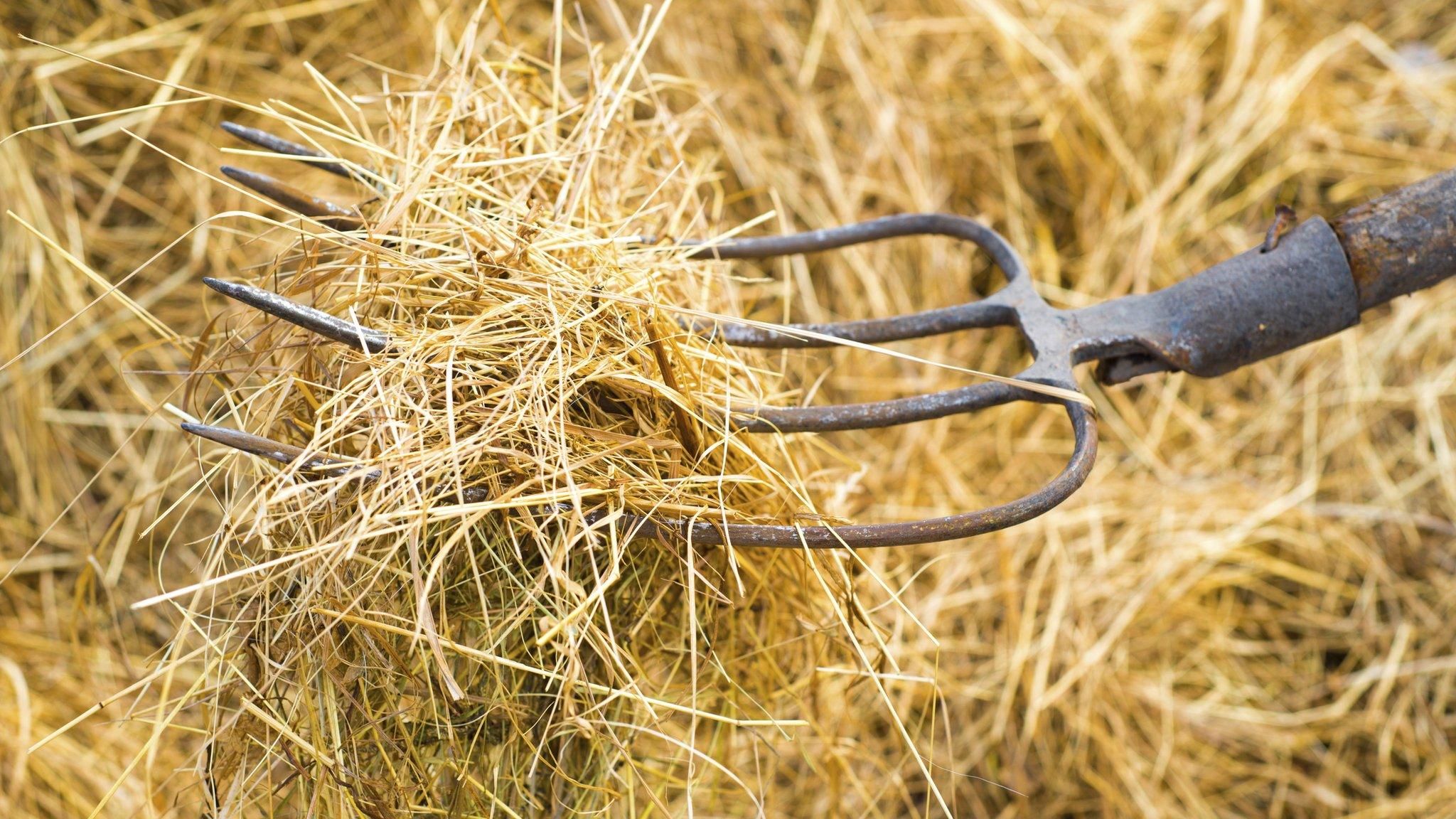
- Published12 March 2015
